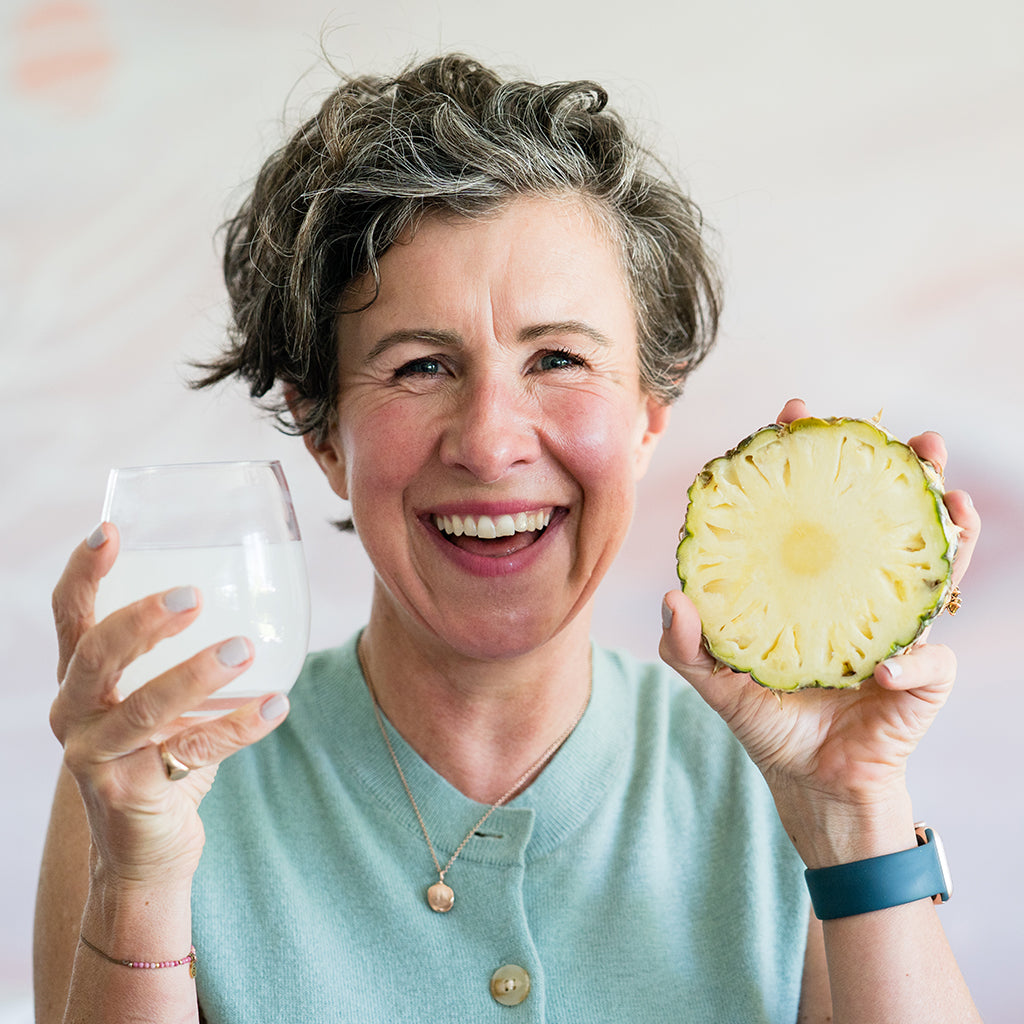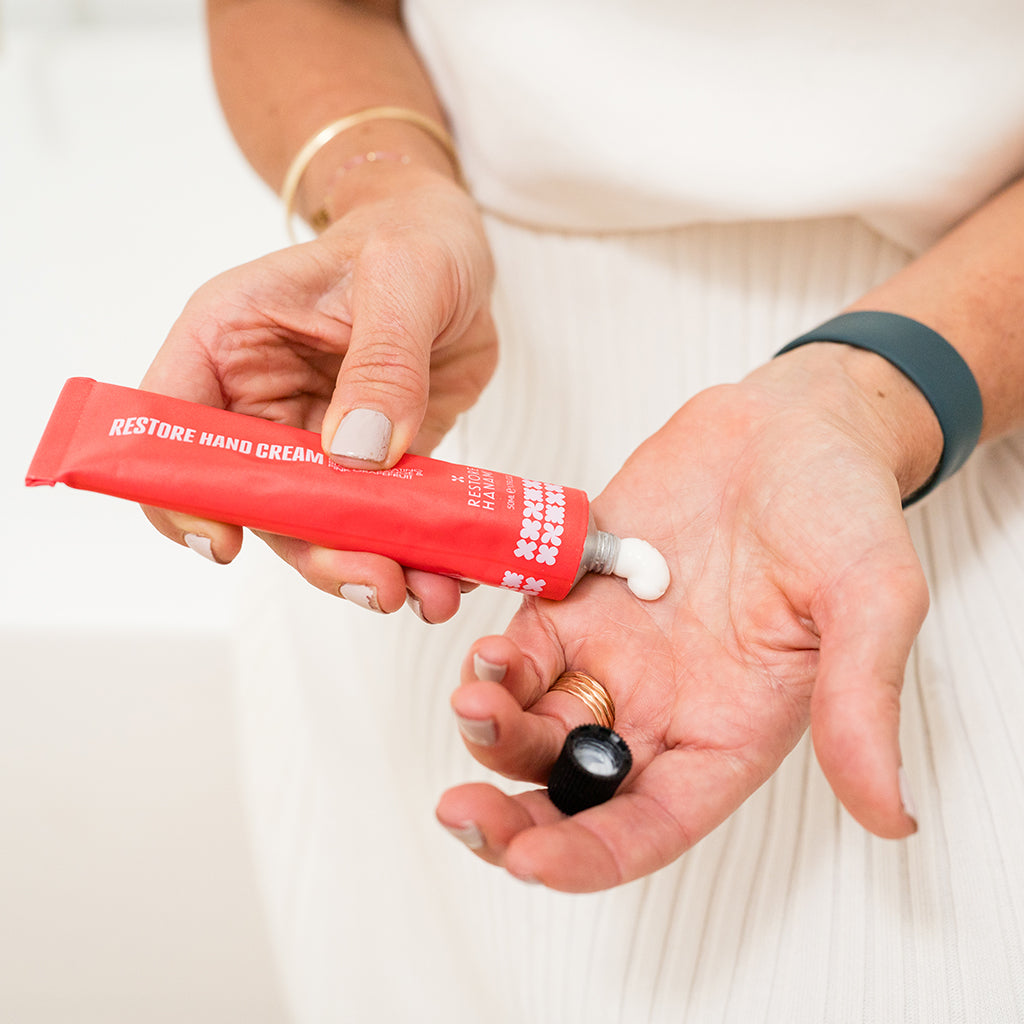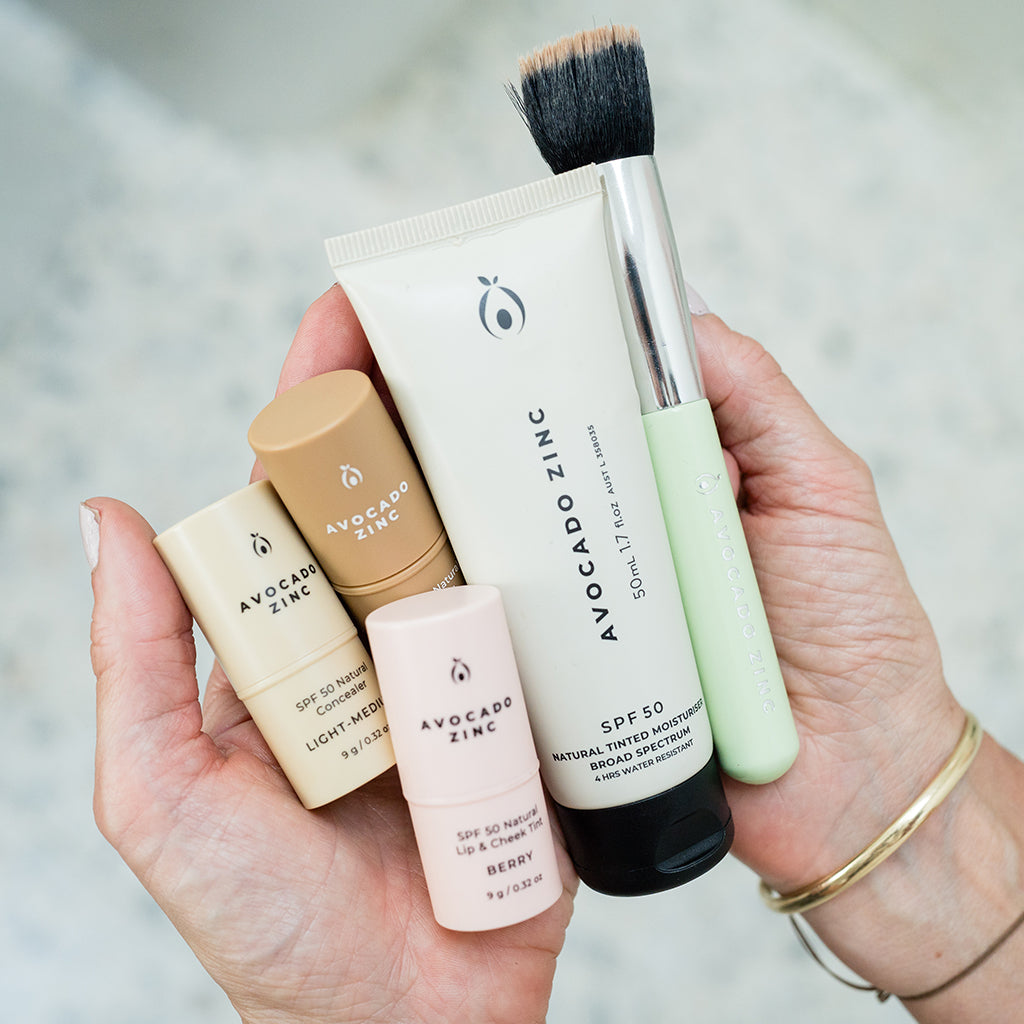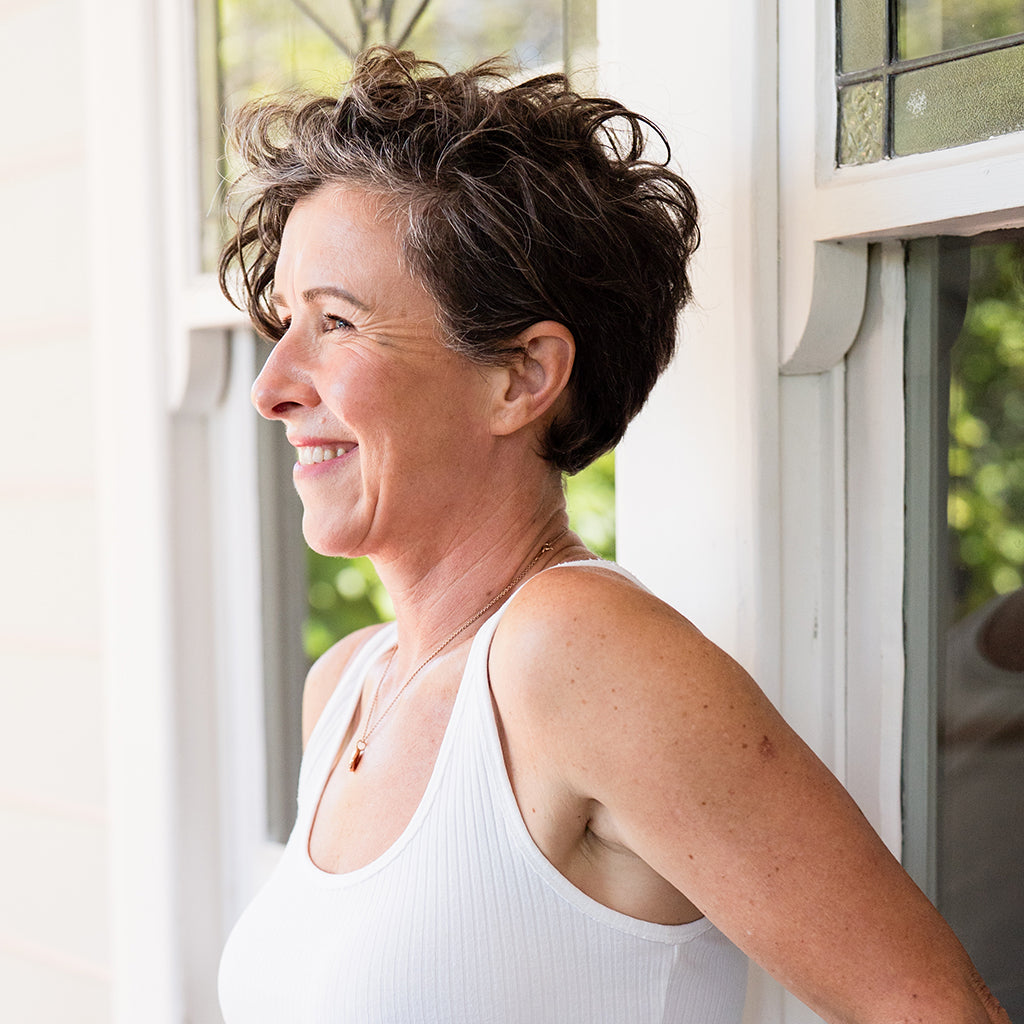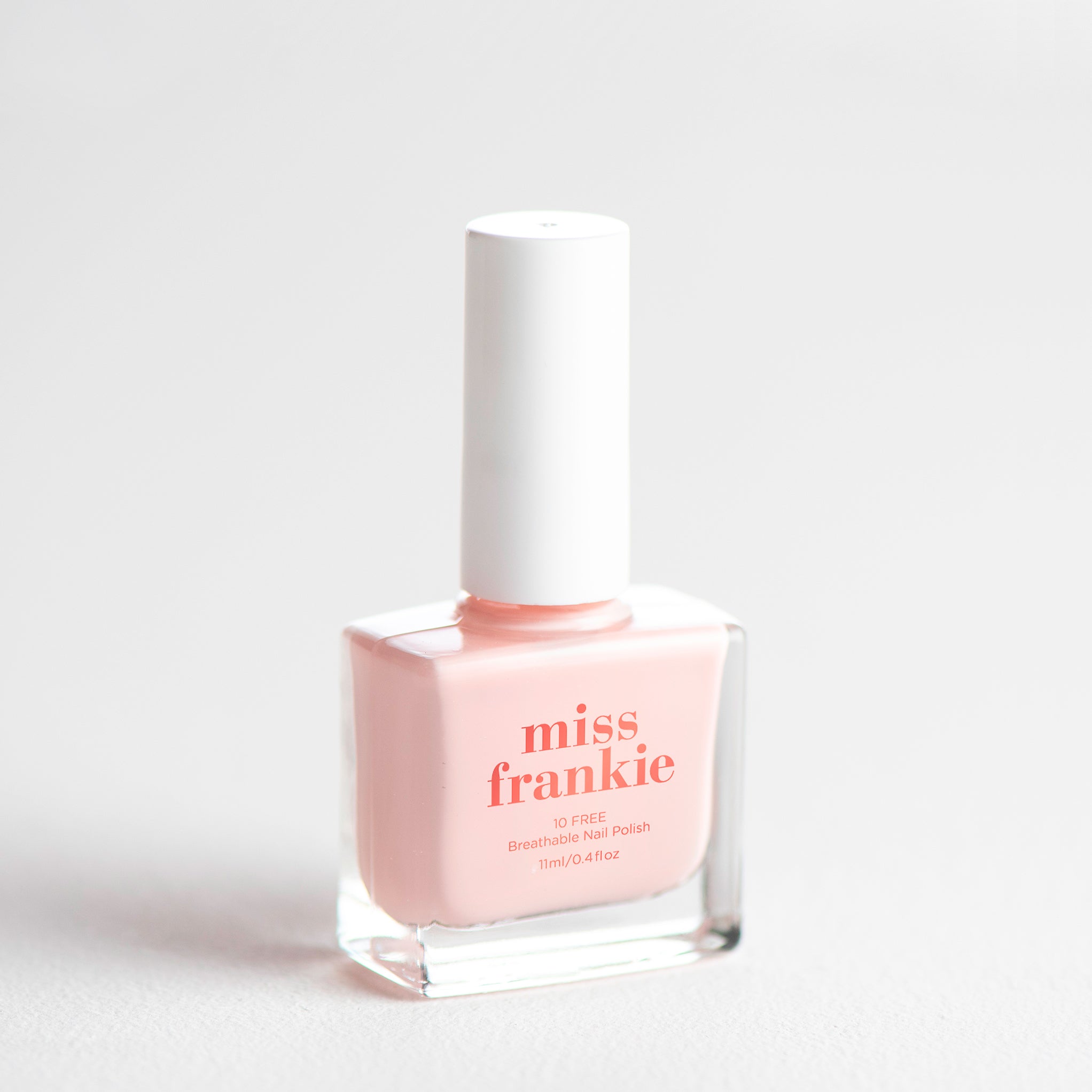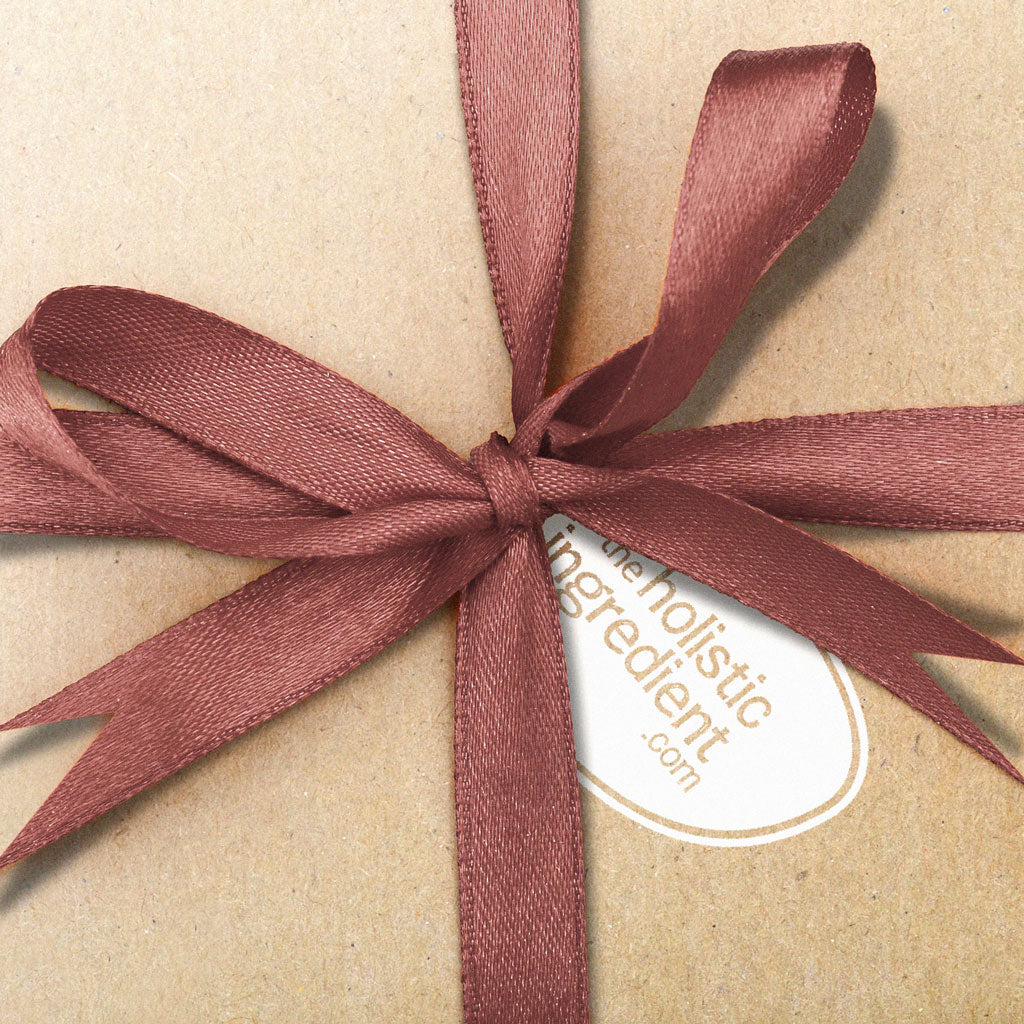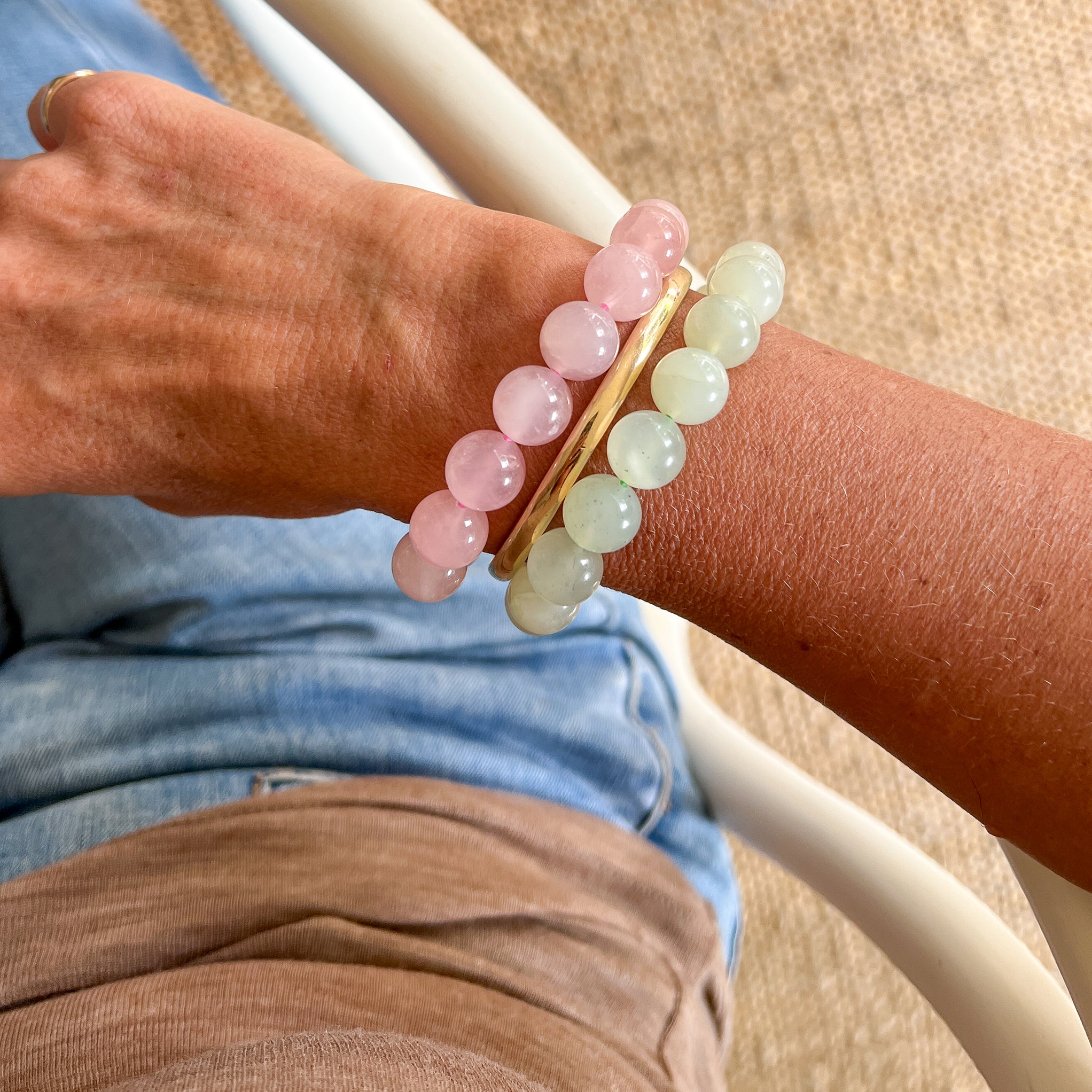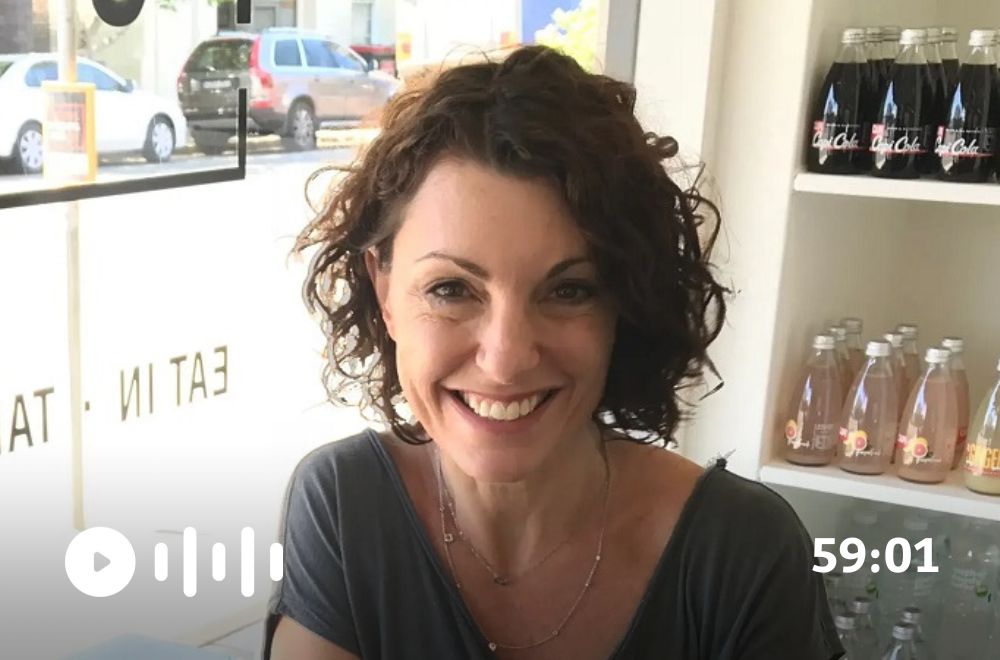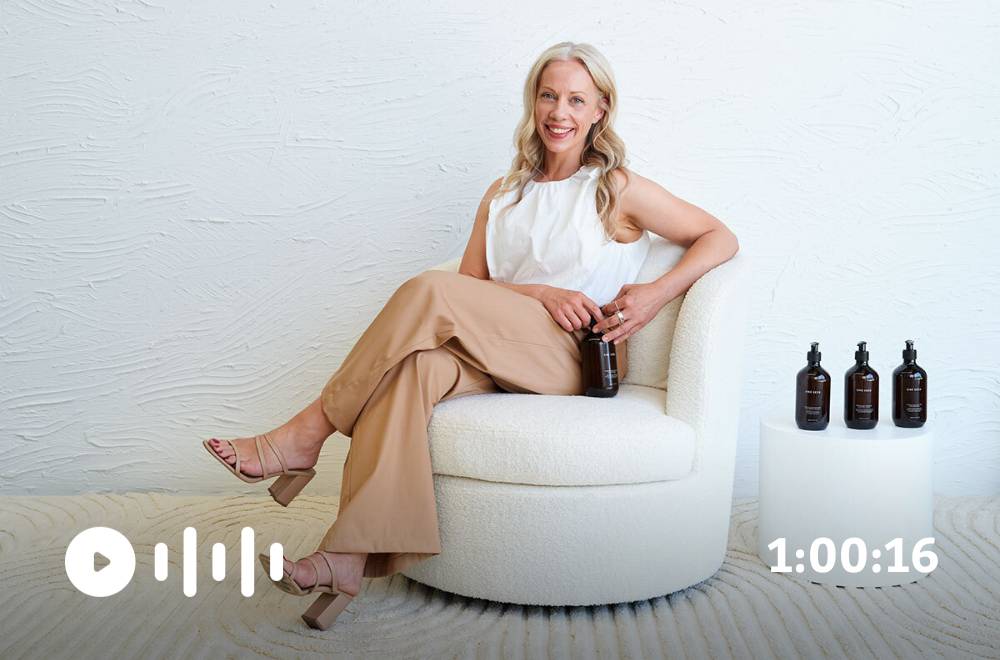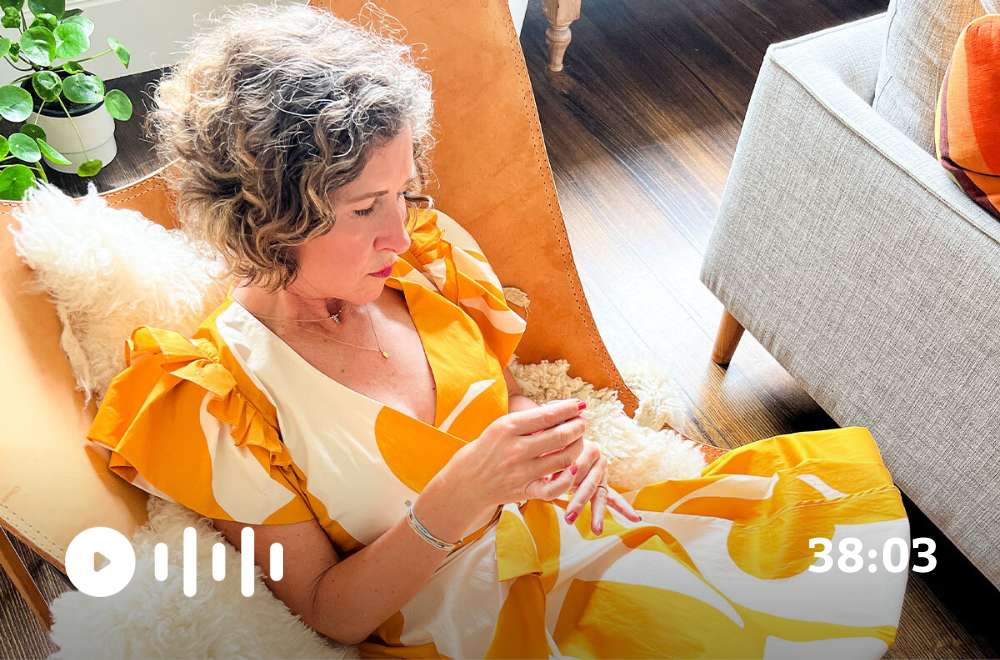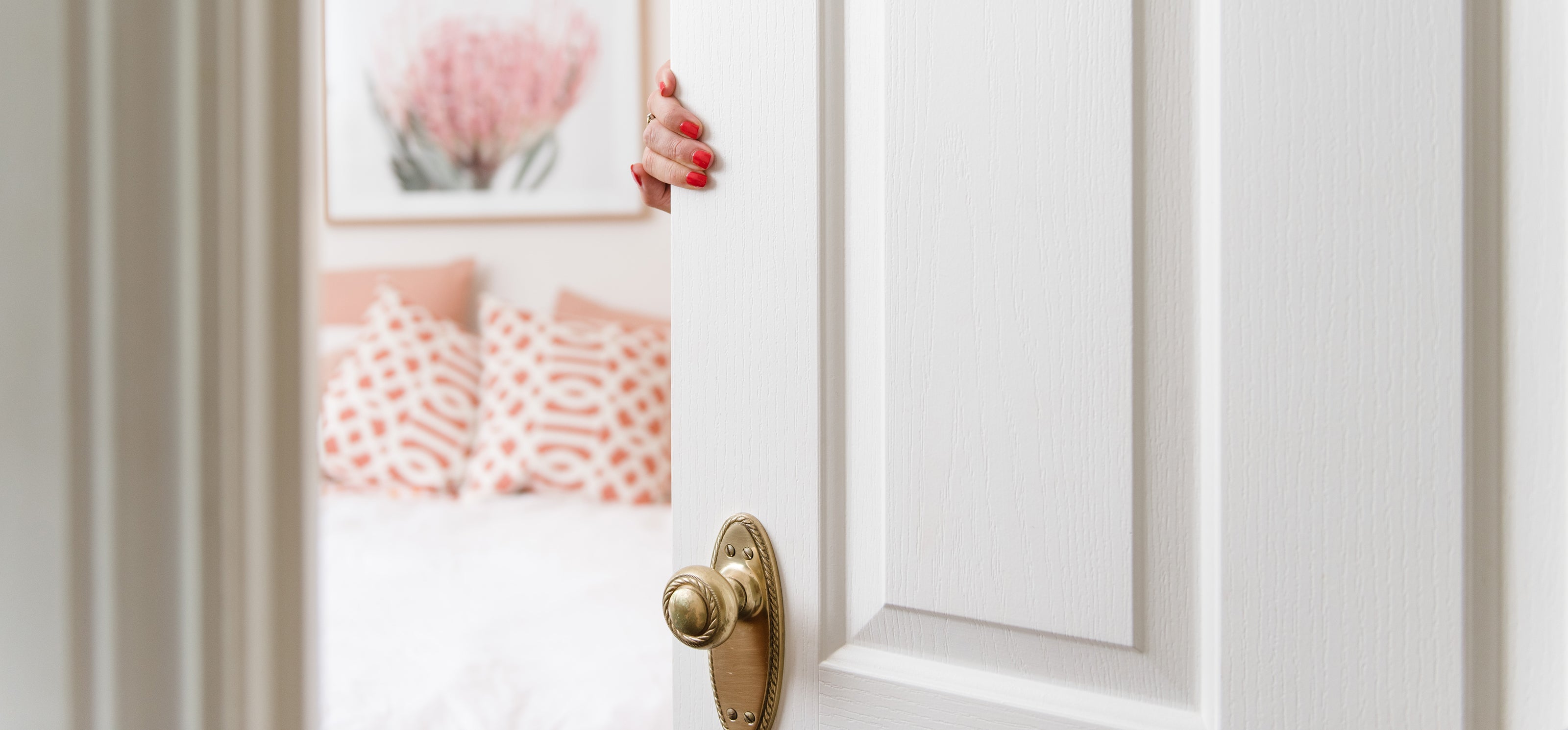
Euphemia Russell is a somatic pleasure coach, facilitator and author. Euphemia is trained in sex-positive education, sexual violence counselling, somatic coaching, trauma-informed facilitation, and has a background in Community Cultural Development. I’m delighted Euphemia is joining me today to talk about the connection between pleasure and self-worth.
Listen to the full episode on Apple Podcasts, Spotify, Google Podcast and more.
Broadcast: May 14, 2021
Duration: 28:46
Here is a snippit of our conversation…
Asking for what you want.
Amy: So Euphemia, I’m really eager to talk to you about something today that comes up in my therapy practice. It’s around the difficulty many have in articulating their needs and desires to others. I wanted to ask you firstly, why do you think it's so difficult for people to ask for what they want?
Euphemia: That is a huge question and I think it really depends on the person and the experiences in their life. There’s so many different layers and things that shape us and how we move through the world, but if I had to try and capture the experiences that I see in my clients and the stories that I hear… I find that it is generally people who have learned to please other people or be people pleasers. So if someone else is feeling angry or someone else is feeling sad, they realise that for them to feel safe or to belong or to feel valued, they will try to change and tend to the mood of someone else as a way for them to feel safe. So often I find that people who have learned either in their families or in society to please others and appease others that because they're so used to prioritizing other people before themselves, it means that often their focus is on someone else.
Putting your own needs first…
Amy: So what you're suggesting then is that for instance, there might be a fear of putting expectation on someone else or putting somebody else out?
Euphemia: Yes. And that means that it makes it really hard to be aware of ourselves and also of our bodies. And our body sensations are our first language. They tell us the emotions that we're experiencing. Often we will experience something in our bodies and then we'll interpret them with our minds and try and read into what emotions we're having. And if we're focused on someone else more than ourselves, we're not aware of our own feelings, our own sensations and how we might feel. And that is socialised and then rewarded with “Oh, you're so empathetic, you give so much, you're such a martyr.” And you’re potentially hearing “I desire you because you put my needs before your own and I really value that about you.” So it's being rewarded again and again, and then it means that so often I see that people, particularly when it comes to pleasure, when I say, “What do you desire, or what do you need to feel desire?” They say, “Honestly, I don't know.”
You’re not broken or unworthy.
Amy: It sounds very much that at the very heart of it, it comes down to us better valuing ourselves and really focusing on our sense of self-worth and giving ourselves permission to prioritize ourselves in a relationship.
Euphemia: It’s so big, this stuff. And I think that we can only touch the surface of this conversation today, around the bigger challenges, but also opportunities that can be found when we do start getting into “What do I want, what do I need?” And yeah, I think it absolutely does have to do with confidence and self-worth. But knowing that it's not just about us feeling like “Oh, I'm broken or I'm not enough.” Because actually, it's also societal shaping. And that's something I think is really important to remember - this is not all your responsibility. And to remember that you are not broken. And so often in society, we're told either you're not enough or you're too much, but never you're worthy and you deserve to receive and feel pleasure. We don't get that enough.
Time to take, take, take.
Amy: It takes me back to the notion of giving and receiving that I spoke to someone else about on a podcast. It’s like: ‘So tonight, one of us would just receive and the other would give, and it's just full permission without obligation, anything in return.’
Euphemia: Yeah, there's a really beautiful quote from Anais Nin, an author in the 1930s, and she was quite sexual and not necessarily ahead of her time, but much more visible about it anyway. And the quote is something around how giving can often be a mask or a distraction from receiving. And I think that a lot of people experience that, where they give, because it feels less vulnerable than receiving.
Amy: What else would you recommend if somebody is having difficulty around their self-worth or difficulty really recognizing their value and self-worth in a relationship. Is there anything that you recommend people do to start working on this area in terms of their own self-development and pleasure?
Remind yourself - you are worthy of pleasure.
Euphemia: Yeah, I think pleasure is one of the ultimate expressions of self-worth. When we experience pleasure, we remind ourselves that we are worthy and we deserve to feel good. And that is a revolution in itself. And it sounds a little bit like chicken or egg. Where it's like, you have to practice pleasure. And I talk a lot about how pleasure is a practice, because it's not something that we prioritise in society. And so we need to build a practice around it to protect it and cultivate it. And at the same time we do that, we need to experience pleasure to build that. And the more that we do that, the greater potential we have for pleasure, and that inevitably impacts a sense of worth and a sense of what we deserve.
Amy: Okay, so to encourage more pleasure you’re suggesting that somebody start at the very least, by focusing on self.
Euphemia: Yes, absolutely. And also the book that I am currently in the final stages of with my editor is focusing on pleasure also beyond sex. Often we think that pleasure and sex is synonymous, but actually sexual pleasure is just one type of pleasure. So I pose the question to myself many times a day and offer this to clients of how can I bring more pleasure into this moment or into this action or to this process and remind ourselves that in most moments we have pleasure available.
Upping the pleasure every day.
Amy: So can you give me an example of moments in your day when you feel such pleasure?
Euphemia: Absolutely. So, an example that I like to use is washing your hands. So I've seen the last year we've been washing our hands a lot within the pandemic, and often we can rush those things. How do they want to be touched? Hands have the most nerve endings after our face and our genitals. So they actually have a lot of capacity for pleasure, for touch and to receive not just to give. And so maybe it's okay. I'm willing to put the water at the temperature that feels really good and take a few more seconds to make it feel really ideal. And then actually just noticing, and maybe giving yourself a bit of a hand massage where you just press or you stroke and you remind yourself: This is actually a moment where I can tune into my body and into myself, and to really bring some pleasure into this process that otherwise could feel really like a task or another thing to do on your to-do list or do something in between in your day. And so that can be a really easy to say and harder to do, to remember and stop and be like, ‘Oh, how can I bring more pleasure into any action in my day?’ And this does take practice, as I was saying to remember and ask yourself this question. So I focus a lot on habits and how we can use habits and practices to build and support ourselves in our pleasure because we need to protect it and cultivated and nurture it.

